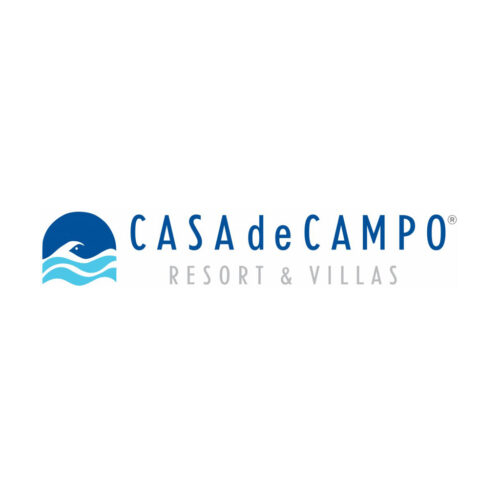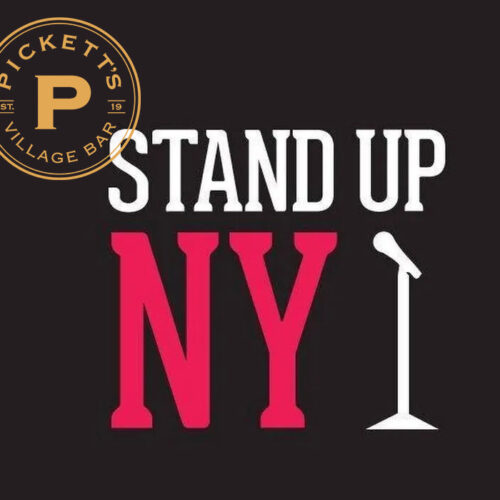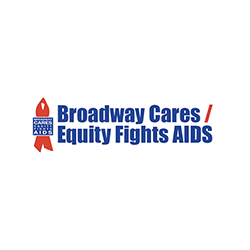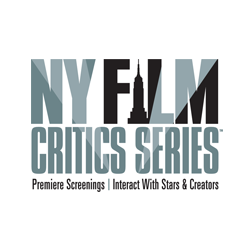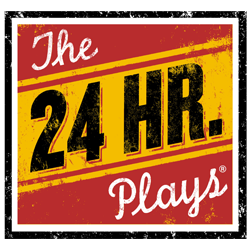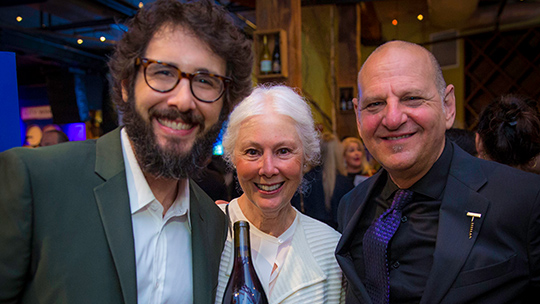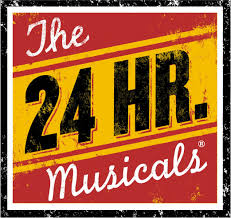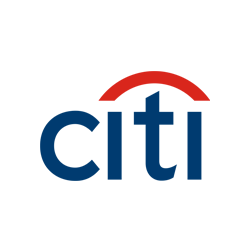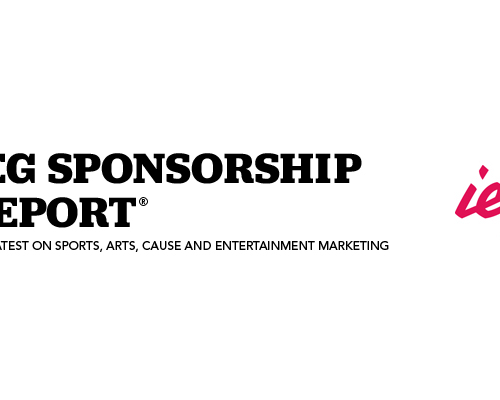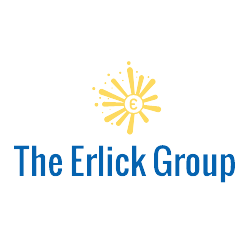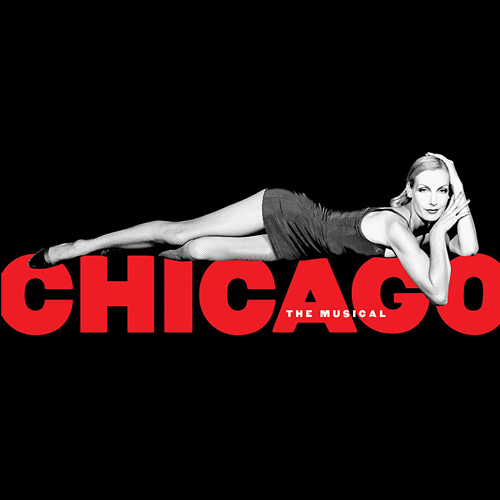Publication: IEG Sponsorship Report
Outsourcing sponsorship sales to an agency with experience, expertise and contracts holds obvious appeal for properties that have little or none of the above.
The good news for those properties is that the number of firms set up to represent sponsorship opportunities continues to grow, as is reflected by the sample list compiled by IEG SR of sales agencies offering services to non-sports and small-to-mid-sized properties.
But the number of properties seeking assistance also may be on the rise. Arts & Communications, an agency that specializes in cultural and entertainment properties, is receiving a growing number of inquiries from properties looking for help with sponsorship sales, as well as with identifying and packaging opportunities, said managing director Ann Holtby.
“Companies are looking for more than just exposure, which used to be where sponsorship began and ended,” Holtby said. “They want client engagement, ways to get employees involved and the opportunity to showcase products and services. Properties realize they don’t always have the expertise to solve those kinds of issues.”
The fact remains that agencies naturally are interested in working with properties that can generate the most profit, as well as expand the broker’s network and reputation, which means that some smaller or niche properties still will not be in a position to find representation.
Even for those that are in that position, a number of challenges await on the road to establishing a mutually beneficial relationship, including agreement on the property’s income potential and its ability to deliver on promises made by the agent, not to mention issues of compensation.
What Agencies Look For In Prospective Clients Given that there are more properties then agencies, brokers can be selective about whom they take on. Sales agencies consider a number of factors when determine whether or not to represent a property, including its sponsorship revenue and profit potential, the people and organizations behind the property, its prestige factor and its reach and influence.
Arts & Communications, whose client roster includes, the Art Gallery of Ontario and Montreal Museum of Fine Arts, concentrates on organizations that are capable of generating at least six figures in annual sponsorship income. “If their revenue is below that, they wouldn’t be able to hire us,” Holtby said.
One of the key sticking points between agencies and prospective clients is determining the level of potential sponsorship revenue. Many agencies say that properties have unrealistic expectations of their worth.
“One of the things I always do upfront is to give my perspective of fair market value so that we’re on the same page. It’s critical to reconcile that upfront,” said Jim Erlick, president of The Erlick Group, which specializes in film, Broadway productions and other entertainment properties.
The potential size and value of a property’s sponsorship packages is especially relevant, agencies say, because the work involved in selling small deals and large one’s is the same.
“It can take the same amount of effort to sell a $10,000 deal as a $5 million deal,” said Andrew Klein, president of Revolution Marketing, an agency that specializes in concerts, video game competitions and other touring properties. “It’s the same process: You make a phone call, send a proposal, have a meeting and close the deal.”
Those thoughts are echoed by others. “I’ve done seven-figure deals in one meeting, and I’m working on a $5,000 deal now that has taken 16 months to put together,” said Michael Richman, president of Backstage Pass Entertainment Marketing, which represents The Venetian Hotel Resort Casino, as well as performing art venues.
When evaluating a potential client, Klein tries to identify 10 companies that potentially would be interested in the property. “If there are no obvious partners, we’d have to take a pass.”
Fees Required In Addition To Paying Commission
The standard payment structure between rightsholder and agency is a retainer plus commission.
The average commission rate is 20 percent, although it can go as low as 10 percent and as high as 35 percent. That range is based on a number of factors including the size of the deal, the age and reputation of the property and the expected length of the sales process.
Most agencies require a retainer to cover expenses. Monthly fees can range from several hundred dollars to $10,000.
In addition to paying expenses, agencies say retainer fees are vital because they ensure that clients are interested in the sales process. “Properties need to have skin in the game,” said Tom Cordova, president of Cordova Marketing Group, which has represented motorsports venues and pro sports teams among other properties.
In addition to agreeing on the retainer and commission rate for new cash deals, the two parties also must concur on compensation for renewals of pre-existing deals, future renewals of agency-led deals and in-kind agreements.
If an agency renews with a sponsor that was originally signed by the property, it typically will earn its commission only on the amount of any increase. Some agencies lower their percentage for renewals of deals they originated, while others offer no discount, positing that renewals can be just as much work as new deals.
Rates for in-kind sponsorships can be tricky due to the difficulty of attaching cash values. Agencies usually earn full commission only on items that are budget relieving, sources said.
Tips On Establishing A Relationship With A Sales Agent
Cary Chevat, president of Sponsorship Resources, a 15-year-old sales agency that represents Feld Entertainment, Inc.’s Ringling Bros. and Barnum & Bailey Circus and Disney on Ice properties, plus other opportunities, offers the following advice to properties:
Grant exclusivity. It is extremely important for agencies to have exclusive sales rights. “Most agencies will not take on an assignment if they don’t have exclusivity either in certain categories or for the whole property,” Chevat said. “Exclusivity is the only way to motivate an agency.”
Develop performance metrics. Properties must be able to measure if an agency is doing its job. “Are they sending our proposals? Are they getting meetings? If they haven’t had any serious discussions within three months, fire them.” Chevat said, recommending that properties ask for copies of correspondence-not call sheets-between the agency and potential sponsors.
Make sure agency knows what it can and cannot sell. In addition to any restrictions on categories because of property policies or existing exclusivity agreements, agencies also should have a comprehensive understanding of the salable inventory under the property’s control.
“You can get into a lot of trouble if, for example, the agency promises a sponsor that it can offer a promotion giving away a CD sampler of the artists appearing at an event, and you haven’t secured those rights,” Chevat said.
Check references. Properties should talk to past clients to make sure agencies have sold deals. “Some agencies won’t do anything after they receive a retainer,” Chevat said.
Sources: Arts & Communications, Tel: 416/966-3421
Backstage Pass Entertainment Marketing, Tel: 972/386-3300
Cordova Marketing Group, Tel: 407/316-8414
The Erlick Group, Tel: 212/418-7372
Revolution Marketing, Tel: 212/378-1614
Sponsorship Resources, Tel 973/746-1925


